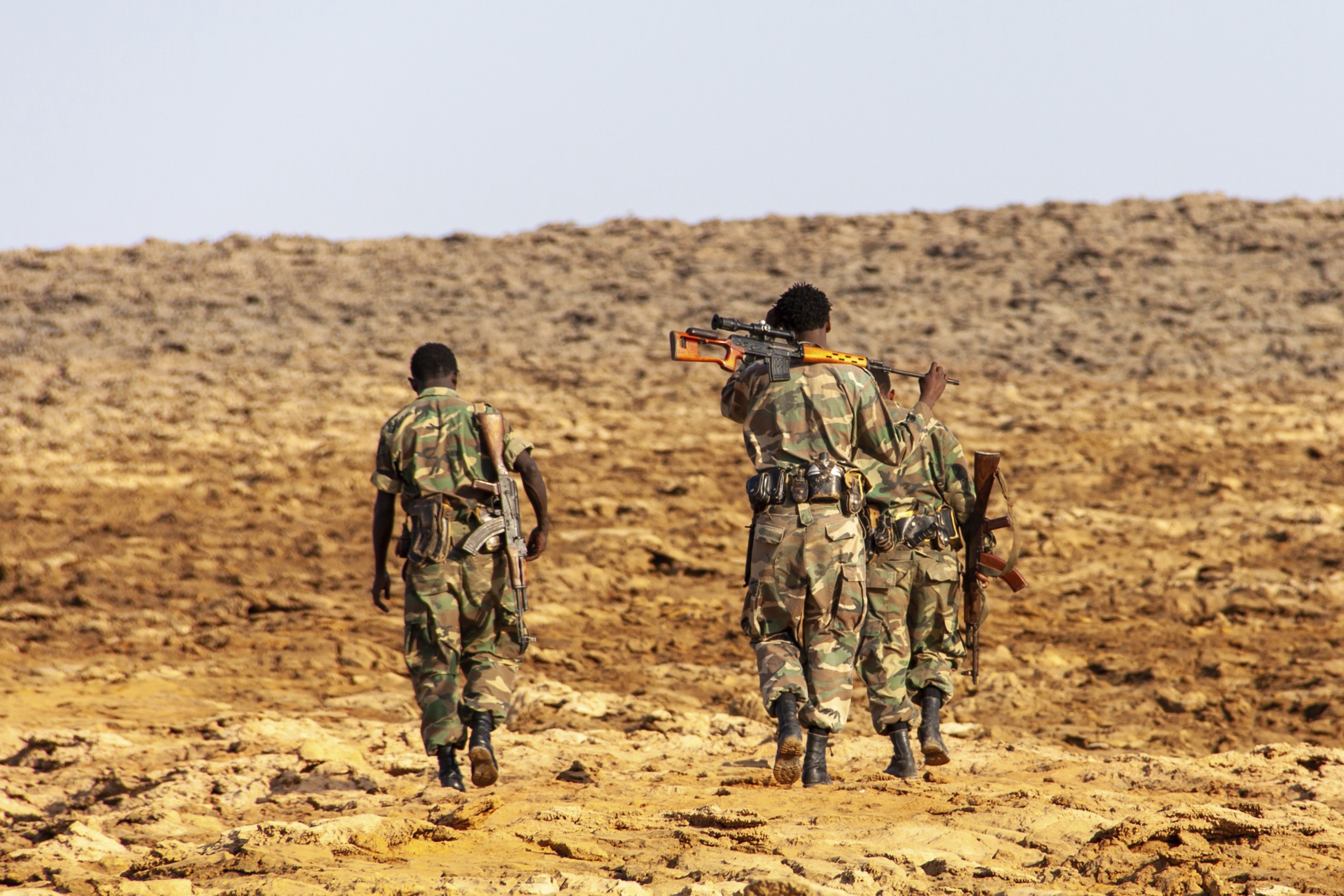Djibouti, led by President Ismaïl Omar Guelleh since 1999, maintains its authoritarian regime. The 2021 presidential elections, largely uncontested, secured Guelleh’s fifth term. The government made no significant changes to its political agenda and continues to curtail opposition activities and restrict free speech. Internal tensions between ethnic groups and rumors of palace intrigue increasingly threaten Djibouti’s stability.
Economic growth continues to be highly uneven across Djibouti. Unemployment remains high and the overall level of socio-economic development is very low. Foreign-funded investments into large-scale infrastructure increased debt distress and food imports put additional pressure on the budget.
Djibouti’s governance structure remains centralized under President Guelleh’s rule. The country’s Vision 2035 aims to achieve a market-oriented economy, but the authoritarian political system leaves little room for civic engagement. While Djibouti launched a successful COVID-19 vaccination campaign in 2021, reforms to strengthen the private sector have not been implemented consistently and corruption remains high.
